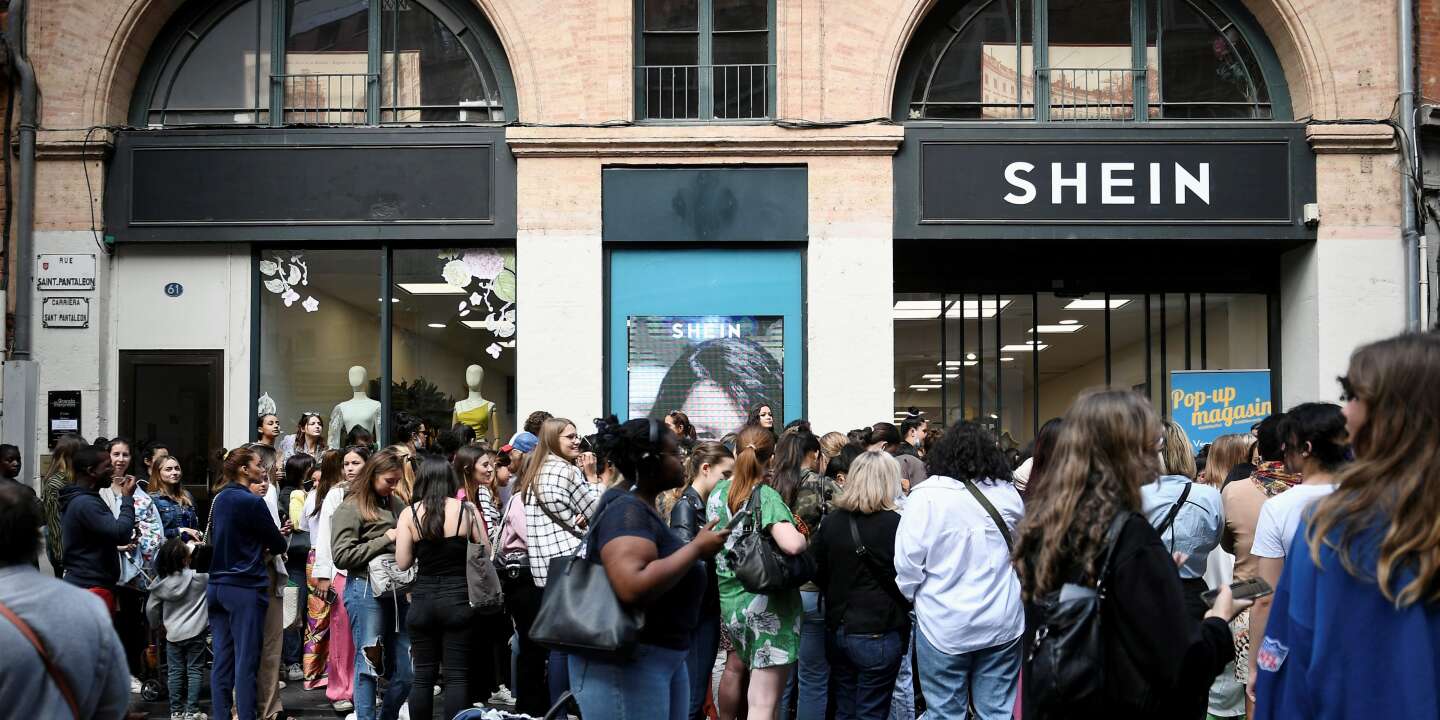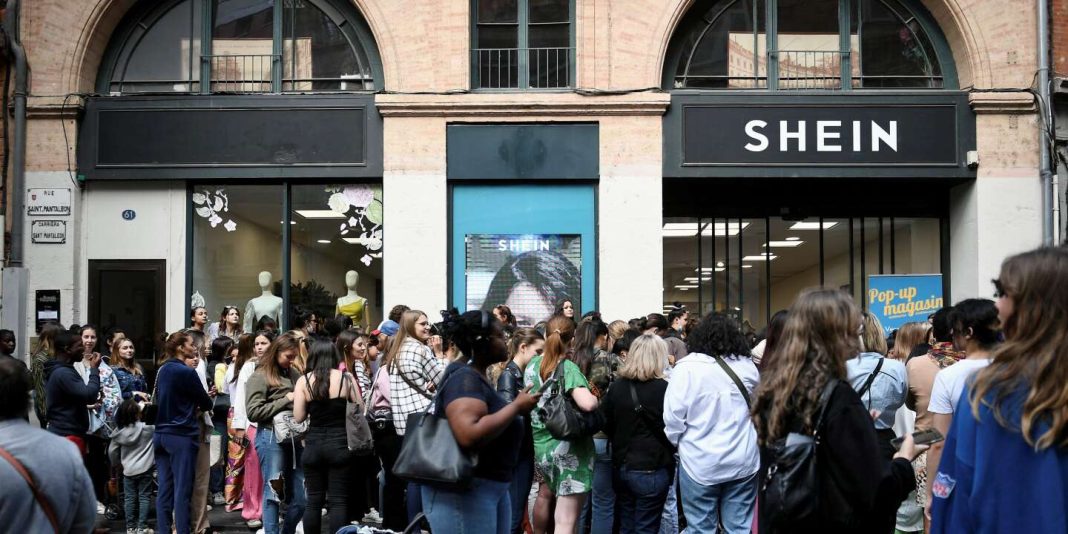 Shein, the Chinese-founded fast fashion giant, is facing obstacles as it prepares for a potential U.S. IPO. In addition to concerns over its ties to China, supply chain practices, and use of a trade law loophole, Shein has been rejected multiple times in its attempts to become a member of the National Retail Federation (NRF), the largest trade association in the retail industry. While NRF membership may not significantly impact most companies, Shein is on a charm offensive to win over lawmakers and gain legitimacy as a public company listed on American exchanges.
Shein, the Chinese-founded fast fashion giant, is facing obstacles as it prepares for a potential U.S. IPO. In addition to concerns over its ties to China, supply chain practices, and use of a trade law loophole, Shein has been rejected multiple times in its attempts to become a member of the National Retail Federation (NRF), the largest trade association in the retail industry. While NRF membership may not significantly impact most companies, Shein is on a charm offensive to win over lawmakers and gain legitimacy as a public company listed on American exchanges.
The rejection from the NRF is significant because it represents the voice of the retail industry and includes influential members such as Walmart and Target. If Shein can earn the approval of the NRF, it could help legitimize the company in the eyes of federal lawmakers and potentially smooth its path to a U.S. IPO. “That definitely would put a little bit more pressure on the politicians to accept the company, right? Simply because the peers recognize the company and they think that it is a worthy competitor…That would definitely create a little bit more legitimacy,” said Wharton School professor John Zhang.
The NRF has not completely closed the door on Shein’s membership application and has been in talks with the retailer about its request. While some individuals within the NRF are strongly against Shein’s admittance, others are open to welcoming the company. The final decision lies with the top brass of the NRF, including its CEO Matthew Shay and board members like Walmart U.S. CEO John Furner and Target CEO Brian Cornell.
The reasons behind Shein’s rejection by the NRF are unclear, but there are speculations that ethical concerns and competition may be contributing factors. Shein has faced accusations of fueling overconsumption and using materials sourced from regions known for forced labor. Furthermore, its use of a U.S. tariff law loophole called the de minimis provision has raised concerns among competitors who feel that Shein is competing unfairly. Under the provision, packages valued under $800 are not subject to import duties and extensive screening. Shein denies benefiting from this loophole.
However, the NRF’s concerns about Shein may not be unique to the company. Other global corporate powers on the NRF board have faced similar ethical and labor-related issues. Rejecting Shein solely based on its ties to China could also raise antitrust concerns. If the NRF is seen as excluding a unique competitor to protect its influential members, it could be viewed as anti-competitive.
While Shein’s membership in the NRF may not make or break its business, it is seen as a competitive edge in the industry. The benefits of NRF membership, such as advocacy, legislative lobbying, and access to industry research and events, could further legitimize Shein and give it a competitive advantage over its rivals. Excluding Shein without a clear reason could raise concerns about its impact on competition.
In conclusion, Shein’s attempts to become a member of the NRF have been met with rejection, adding to the challenges it faces as it prepares for a U.S. IPO. The NRF’s decision could impact the company’s perception among federal lawmakers and potential investors. However, the reasons behind Shein’s rejection remain unclear, and excluding the company without a valid reason could raise antitrust concerns. The final decision lies with the top leadership of the NRF, and their verdict will determine whether Shein gains legitimacy within the U.S. retail industry.


